There’s no shortage of training web sites, webinars, and conferences to keep your skills sharp.
Adobe’s blog:
https://blogs.adobe.com/techcomm/
MadCap’s free webinars:
https://www.madcapsoftware.com/resources/recorded-webinars.aspx
Scriptorium Publishing offers timely and insightful thoughts on technical writing trends:
https://www.scriptorium.com/blog/
The Society for Technical Communication (STC) also offers webinars and courses for a fee:
https://www.stc.org/education/
Here’s a list of upcoming conferences this year in North America.
Lavacon, October 21–24, 2018, New Orleans, LA
http://lavacon.org
MadWorld Conference, June 3–6, 2018, San Diego, CA
http://www.madcapsoftware.com/events/madworld/
STC annual conference, May 20–23, 2018, Orlando, FL
http://summit.stc.org/
Write the Docs + Open Help Cincinnati, August 18–22, Cincinnati, OH
http://www.writethedocs.org/conf/cincinnati/2018/
WritersUA User Assistance Boot Camp, Oct 4–5, 2018, Raleigh, NC
http://east.writersua.com/
How do you keep your skills up to date? Any other North American conferences that I should add?
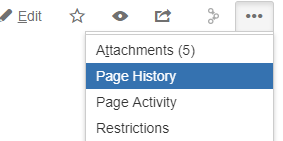

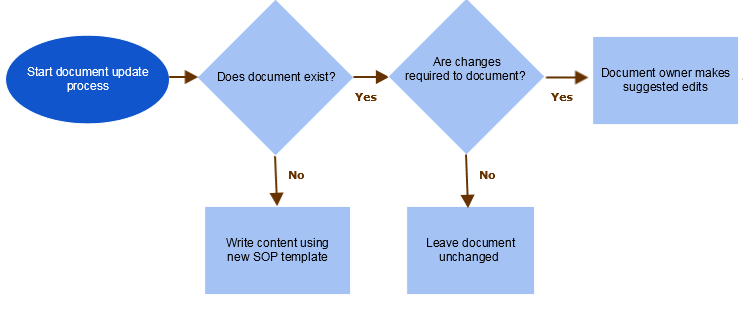
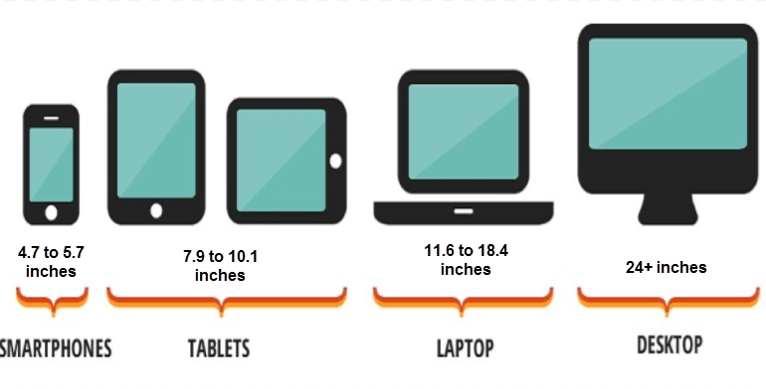
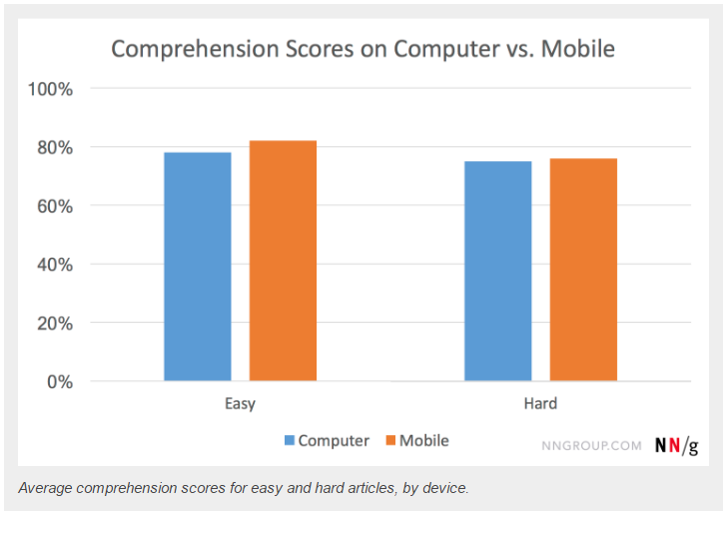
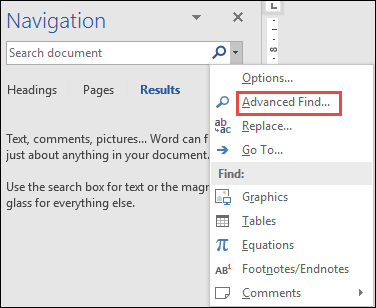
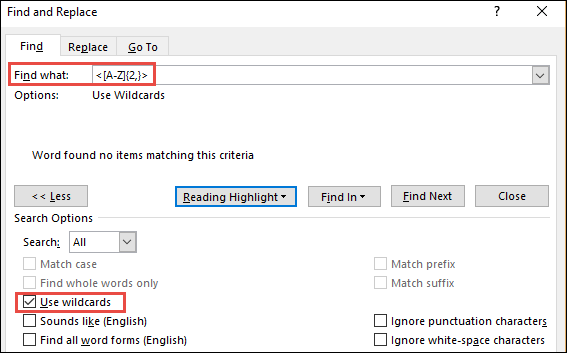
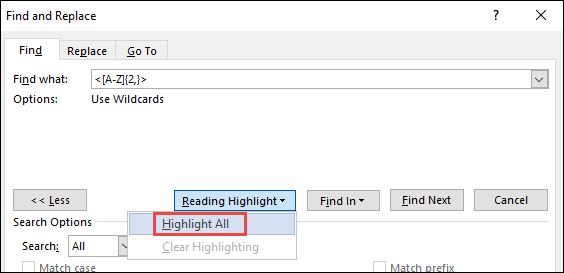

 I have worked as a
I have worked as a